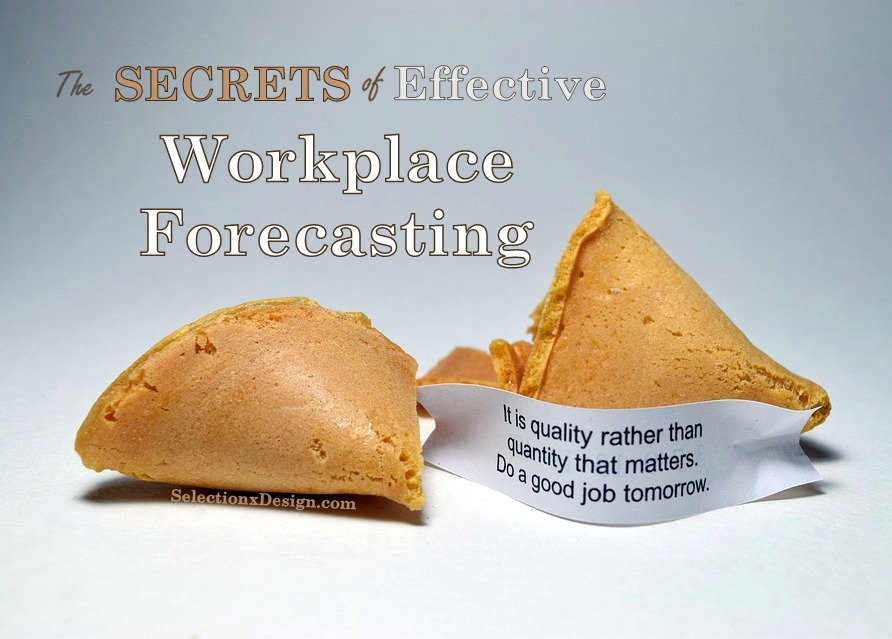Accurately predicting the future would be a great asset to an organisation. Which new products will be the most marketable? How much should we invest in a new advertising campaign? Is now the time to expand our workforce?
More focused workplace decisions might include: Who will make the most effective leader or supervisor? Is an employee likely to stay with the company on a long term basis? Who can I really count on to help get the work done under pressure?
While a reliable and carefully chosen method of evaluation can be a huge advantage, decisions are often made with an element of “gut reaction”. Sometimes instincts or hunches work out, but humans generally aren’t very good at predicting the future.
An exception to this is found with an unusual few “superforecasters,” as discovered by Phil Tetlock and colleagues. These are individuals who do far better than most of us at making accurate predictions. Why are some of us better at predicting outcomes than others? Can we all become better at forecasting? Are there special techniques or tricks that superforecasters use to better their odds?
In this intriguing National Public Radio (NPR) Hidden Brain podcast, Dr. Tetlock considers these issues as he discusses his research into forecasting the future. Among the secrets to their success, overlooking “gut instincts” in favour of reassessing and narrowing predictions with updated and evolving knowledge is key. Being open to possibilities of “maybe” helps, rather than drawing distinct yes or no conclusions. Application of this research to businesses is specifically addressed in this Harvard Business Review article.
This research has some interesting implications for employee-related decisions. What forecasting traps do we tend to fall into when hiring, promoting or more generally managing employees? How may psychometric measures contribute to effectively predicting workplace behaviour?
You can find out more about using psychometric tests to make decisions through our training for BPS/EFPA Occupational Test User qualifications. We are enrolling now for our September courses.
Additional related resources:
Association for Psychological Science https://www.psychologicalscience.org/news/degrees-of-maybe-how-we-can-all-make-better-predictions.html
Tetlock, P.E. & Gardner, D. (2016). Superforecasting: The art and science of prediction. Penguin Random House.


